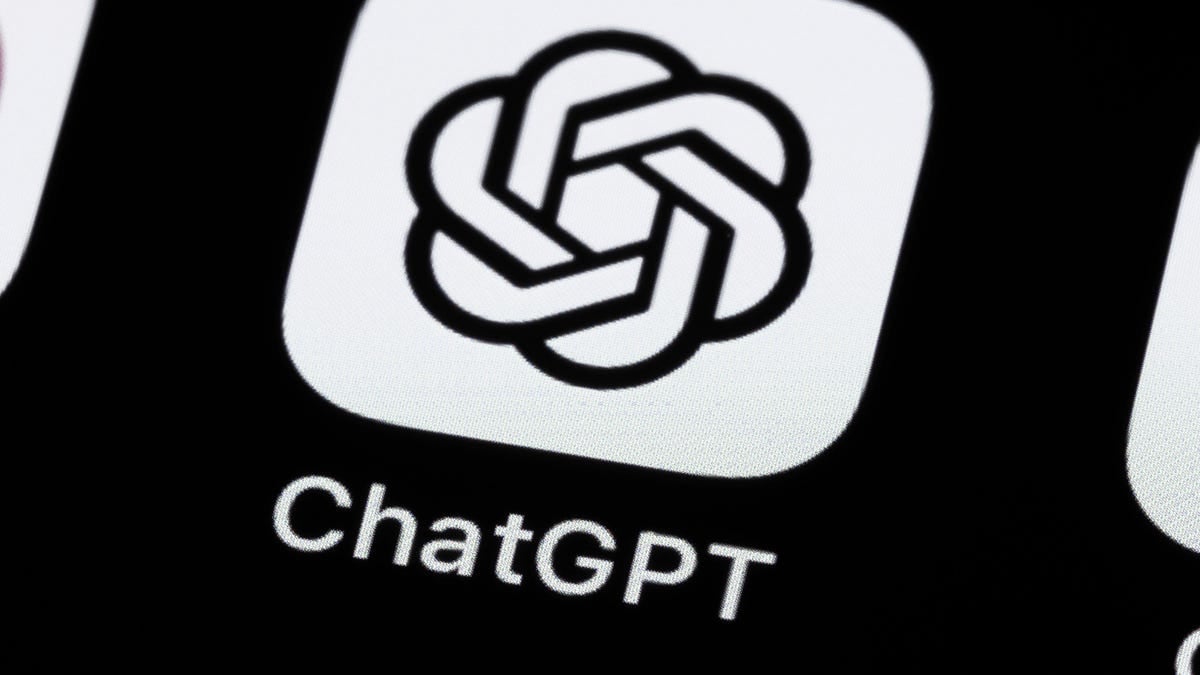- cross-posted to:
- fuck_ai@lemmy.world
- cross-posted to:
- fuck_ai@lemmy.world
The research from Purdue University, first spotted by news outlet Futurism, was presented earlier this month at the Computer-Human Interaction Conference in Hawaii and looked at 517 programming questions on Stack Overflow that were then fed to ChatGPT.
“Our analysis shows that 52% of ChatGPT answers contain incorrect information and 77% are verbose,” the new study explained. “Nonetheless, our user study participants still preferred ChatGPT answers 35% of the time due to their comprehensiveness and well-articulated language style.”
Disturbingly, programmers in the study didn’t always catch the mistakes being produced by the AI chatbot.
“However, they also overlooked the misinformation in the ChatGPT answers 39% of the time,” according to the study. “This implies the need to counter misinformation in ChatGPT answers to programming questions and raise awareness of the risks associated with seemingly correct answers.”



We already had that with search engines and the world wide web.
But let’s say some company did it, a perfect AI that has read everything and doesn’t hallucinate.
A researcher is working on some experiments, if they could just route it through the AI, and it would annalyse if that experiment was even possible, maybe already done, this could speed up research.
With a truly perfect model, which the tech bros are aiming for, I can see the potential for good. I ofcourse am skeptical such a model is possible, but… I kinda see why it would be nice to have.